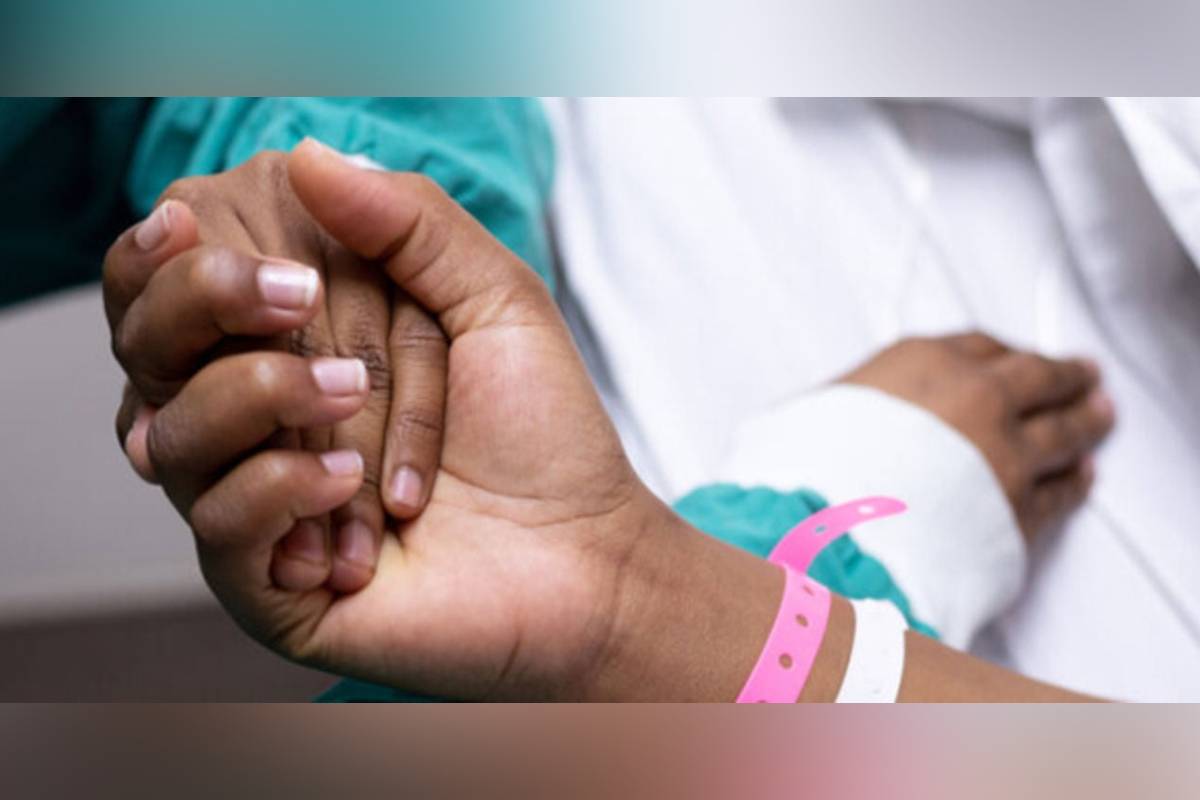
Shadowy brokers fuel unsafe abortion clinics
Beneath the surface of Uganda’s healthcare system, a growing underground network of abortion brokers is thriving in Kampala, exploiting the country’s restrictive laws and putting the lives of vulnerable women and girls at risk.
These brokers, who operate in the shadows, act as middlemen in connecting clients to unlicensed doctors in small, hidden and unregulated clinics where unsafe abortions are performed. Article 22 of the 1995 Constitution protects the right to life, and Article 22(2) explicitly declares that the termination of an unborn child is prohibited unless it is legally sanctioned.
However, the Article does not indicate the circumstances under which abortion is authorised substantively. A young university student tells how she became pregnant with a man who broke off all contact with her when she asked for help to get an abortion. Having borrowed money from whoever she could, she then had to pay a broker to arrange a clinic visit.
“I can describe the procedure as brutal, with no anaesthesia, no care, just pain,” she said. “I cried silently the whole time because they told me not to scream.” When it was over they gave her some painkillers and sent her home, telling her to be “strong like nothing happened”. She adds: “I thought it would be over once I walked out of that room, but it is not. The guilt and shame follow me everywhere. I did not just lose a pregnancy that day but rather a part of myself.”
However, other women lose their lives.
The clinics where these abortions take place that we were told about are scattered across the neighbourhoods of Makindye, Masajja, Makerere, Nakulabye, and Namasuba. They remain hidden from public view, often tucked away behind pharmacies, hardware stores, and residential buildings. One advertises itself as a women’s wellness centre.
The article continues with a description by the author of her visits to five different clandestine “clinics” where she is asked to pay an amount of money into an account and then come back for an appointment as soon as possible after that. The amounts range from Shs250,000 (“cheap because she is a student”) to Shs300,000 and Shs350,000 (US$78—US$84—US$97).
Cases are commonly reported to the police. The penal code does allow some abortions but the law is ambiguous, and people often exploit loopholes. Abortion remains illegal and there is no specific license for abortion services.
According to one doctor, it is bona fide doctors who do these abortions without having to take responsibility for any complications they cause, and to make extra money. One said most of the patients come to the hospital when they have been financially exploited and have serious complications such as perforated uterus, infections, and/or injury to the intestines and bladder.
SOURCE: Monitor, Uganda edition, by Sylvia Namagembe, 7 July 2025. File photo.
+ + +
Activists respond to the Monitor report and decry devastating consequences of unsafe abortions
The Coalition to Stop Maternal Mortality due to Unsafe Abortion (CSMMUA) have convened a press conference to express deep concern over the alarming rate of maternal deaths and morbidity resulting from unsafe abortions in Uganda. According to a Professor of Law: “The implication of lack of safe abortion procedures is death and morbidity.”
CSMMUA’s concerns were sparked by the recent investigative article published by the Daily Monitor [above] on 7 July 2025. The organization emphasized that the current legal regime criminalizes abortion in most circumstances, pushing the service underground and into the hands of unqualified and exploitative individuals.
The statistics are alarming. Uganda registers an estimated 354,000 abortions annually, with the majority being unsafe and contributing to maternal morbidity and mortality. Teenage pregnancy rates remain high, with 1 in 4 girls aged 15-19 either pregnant or having given birth.
Moreover, the financial burden of post-abortion care (PAC) on the healthcare system is significant. Uganda spends an estimated US$14 million annually on PAC, with a substantial portion of this cost attributed to treating complications from unsafe abortions. The cost per patient for PAC in Uganda is approximately US$130, with two-thirds of the total expenditure allocated to non-medical costs like infrastructure and overhead, and the remaining US$4.5 million covering medical expenses. This financial burden highlights the need for decisive reforms in the country’s legal and policy frameworks to enable women to seek holistic care from the mainstream health system.
This financial burden highlights the need for decisive reforms in the country’s legal and policy frameworks to enable women to seek holistic care from the mainstream health system. CSMMUA is calling for the government to:
- Reform the Penal Code Act to decriminalize abortion in line with public health and human rights obligations
- Strengthen the provision of life-saving Post-Abortion Care in health facilities in alignment with national guidelines
- Act on the recommendations from local research studies on teenage pregnancy, sexual and reproductive health, and gender-based violence
The activists say that Uganda continues to face a public health crisis where thousands of girls and women, particularly the poor and vulnerable, often facing health rights violations, suffer complications or die due to unsafe abortions. The organization emphasized that the current situation constitutes a failure on the state’s obligation to “respect, protect, and fulfill the rights of women and girls to health, life, dignity, and freedom from cruel, inhuman, and degrading treatment….and ensure that women have access to safe and dignified healthcare.”
SOURCE: PML Daily, by Nelson Mandela. 9 July 2025.



